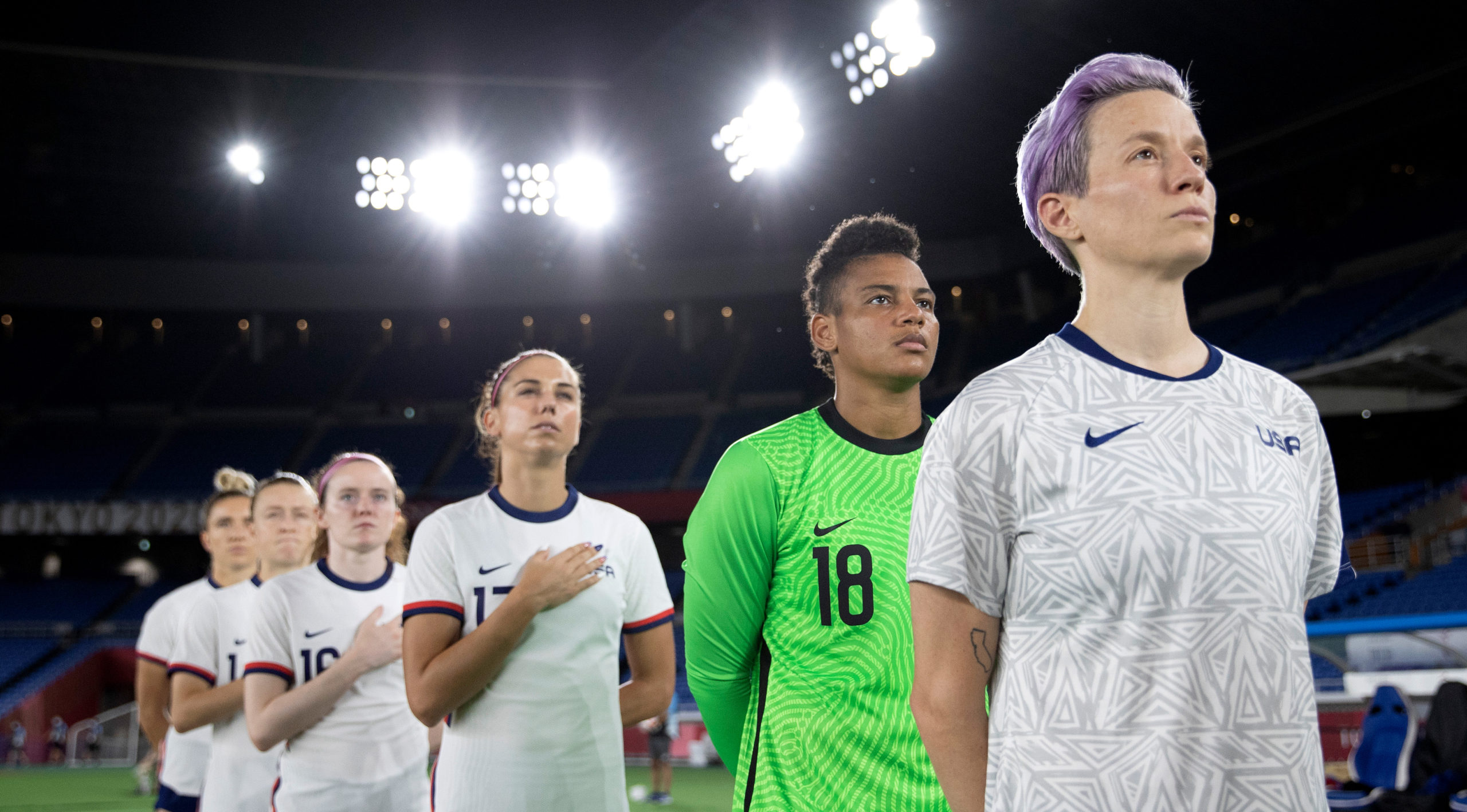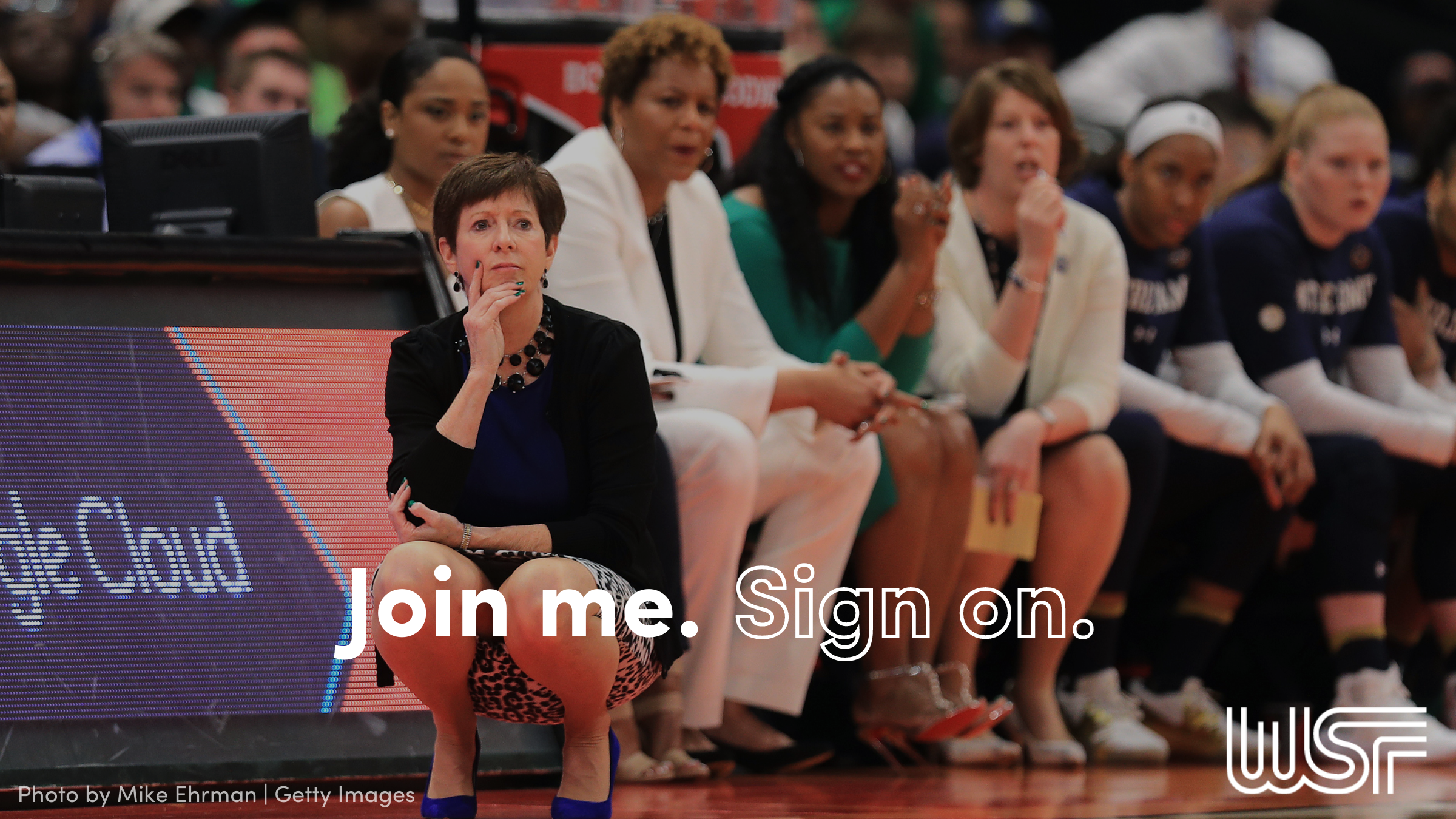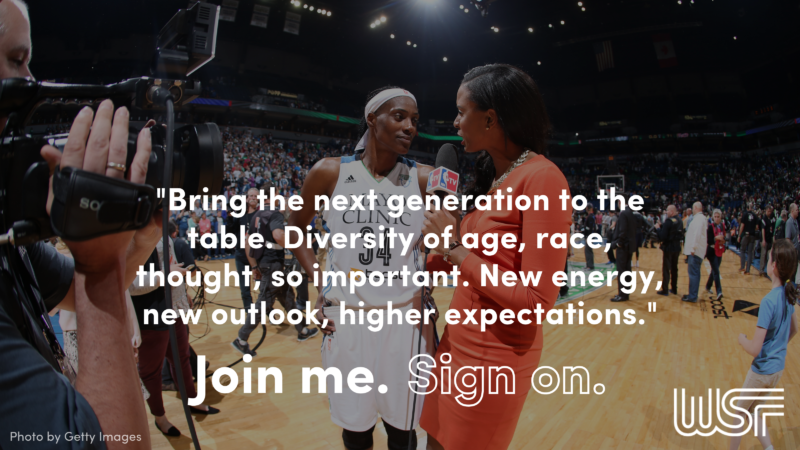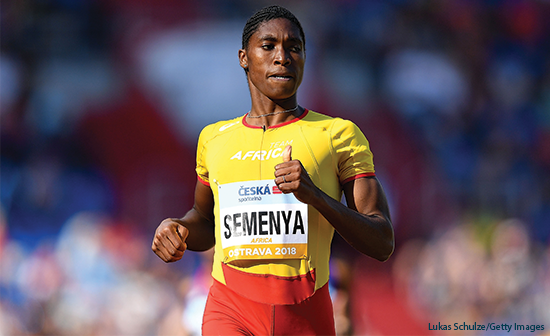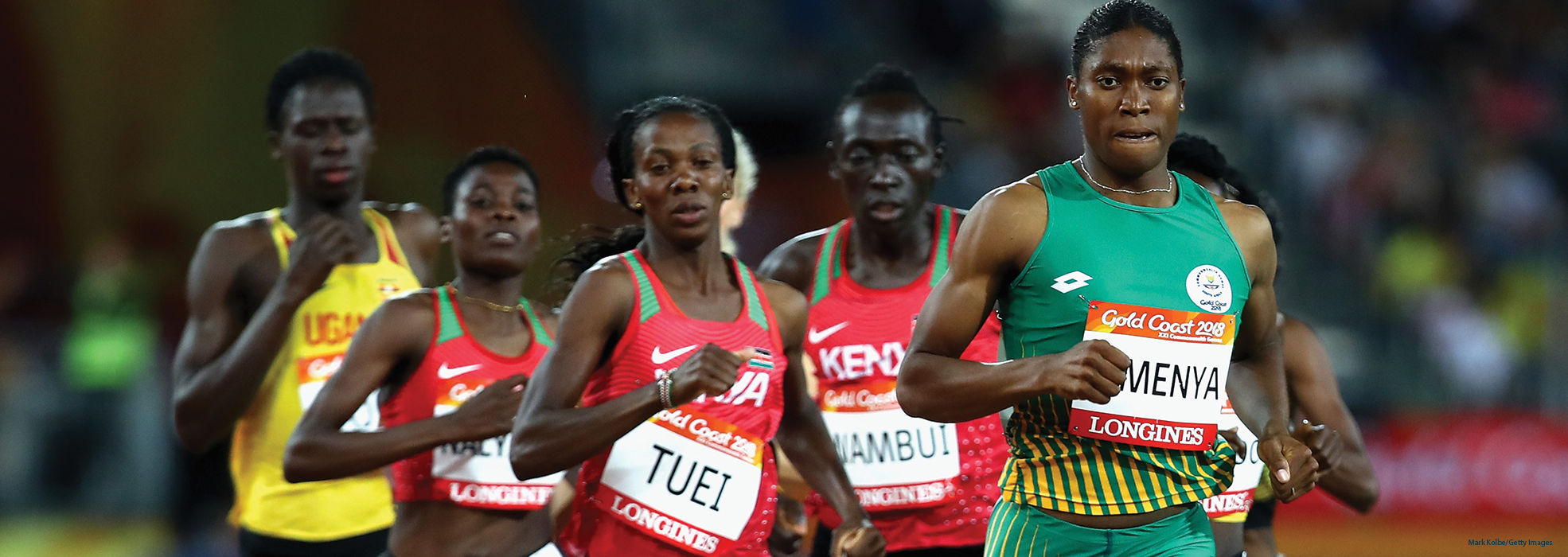In recent years, transgender girls’ and women’s participation in sports has been challenged across the country. In 2020 alone, nearly 20 states introduced bills seeking to ban transgender athletes from sports with over half specifically targeting transgender girls and women. Girls’ and women’s sports continue to be used as a vehicle to discriminate against transgender girls and women. At the Women’s Sports Foundation, our research has shown that access to participate in sports is critical for the development of all girls and women, and we believe it is especially crucial for those who are most marginalized, including transgender girls and women to have access to sport.
The Women’s Sports Foundation, Athlete Ally and Lambda Legal partnered to file an amicus brief with the U.S. Court of Appeals for the Ninth Circuit to support transgender youth in sports in response to Idaho’s discriminatory HB500. This law effectively bans women and girls who are transgender or intersex from participating in sports and potentially subjects all girls and women to invasive sex testing to determine eligibility. This exclusion is harmful and can have a devastating impact. The Foundation and its partners hope this amicus brief will spur law makers to allow all girls and women athletes the right to compete in women’s sports and to share in the lifelong benefits that come from sports participation.
Top athletes in women’s sports joined WSF and Athlete Ally as signatories and in expressing their support for transgender girls and women in sports. With nearly 200 athlete signatories to the brief, this incredible group stands together in the fight for equality that all girls and all women in sports deserve.
You can read the text of the brief here, and WSF’s joint release about the brief here. See below for perspectives from some of the champion athletes who signed onto the amicus brief, followed by a list of prominent athlete signatories.
Billie Jean King – WSF Founder
“There is no place in any sport for discrimination of any kind. I’m proud to support all transgender athletes who simply want the access and opportunity to compete in the sport they love. The global athletic community grows stronger when we welcome and champion all athletes – including LGBTQI+ athletes.”
Phaidra Knight – WSF President, US Rugby Player of the Decade and World Rugby Hall of Fame inductee
“Sport is the one thing in my life that’s really brought me into a full person; the people I’ve discovered, the pathways it’s allowed me to take, my ability to touch and inspire others whose lives I’d never have come across. So it’s been amazing. It’s been everything for me. My rugby teammates are like a family to me. And with that goes, like a family, the bad things: you get sick of each other, you argue, you have fights, but at the end of the day that’s your teammate. And like a family member, you always have their back.”
Meghan Duggan – Three-time Olympic medalist and IIHF Women’s World Champion
“I have always wanted to change the world through sports. Playing hockey empowered me and gave me an amazing platform to advocate for the issues that matter the most to me, especially gender equality and LGBTQ+ inclusion… Trans athletes deserve those same rights and equal opportunities in sports. I now mentor young athletes, inspiring them to find their voices through hockey. Every child, regardless of gender identity, should have the chance to access the lifelong skills that sports teach like confidence, perseverance and leadership.”
Aimee Mullins – Former WSF president, Paralympian, actor, model, and public speaker
“I think the greatest adversity that we create for ourselves is this idea of ‘normalcy’ as it applies to human beings. There is no normal. There’s common, there’s typical, but there’s no normal. Whether it’s gender, physical or mental ability, or another categorization used to simplify and make assumptions about people, sports help break down barriers that society imposes.
If we can begin to shift away from the mirage of normalcy and instead view deviations from the common through a lens of possibility, we can increase access to sports and all of the benefits they provide. So many more potential participants would be invited to engage their rare and valuable abilities, both in sport and in their communities.”
Prominent signatories to this amicus brief include:
Billie Jean King
Megan Rapinoe
Candace Parker
Layshia Clarendon
Phaidra Knight
Meike Babel
Pam Boteler
Rachel Dawson
Imani Dorsey
Meghan Duggan
Grete Eliassen
Sophia Herzog
Elena Hight
Tziarra King
Lori Lindsey
Esther Lofgren
Devin Logan
Joanna Lohman
Kaiya McCullough
Aimee Mullins
Mary Osborne
Dawn Riley
Toccara Ross
Becky Sauerbrunn
Collette Smith
Katie Sowers
Brenda Villa


